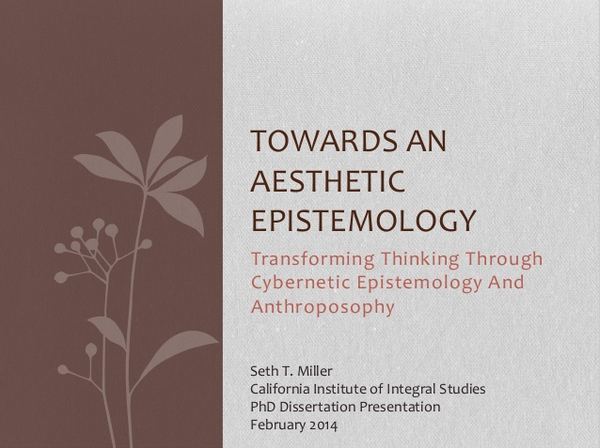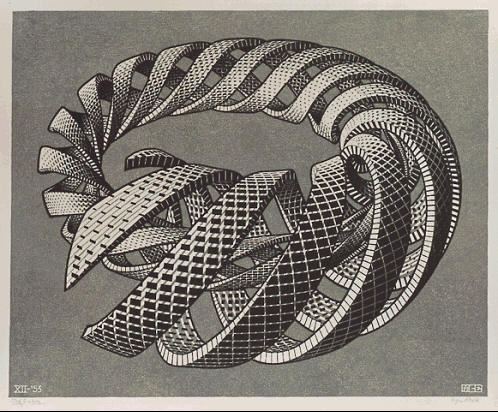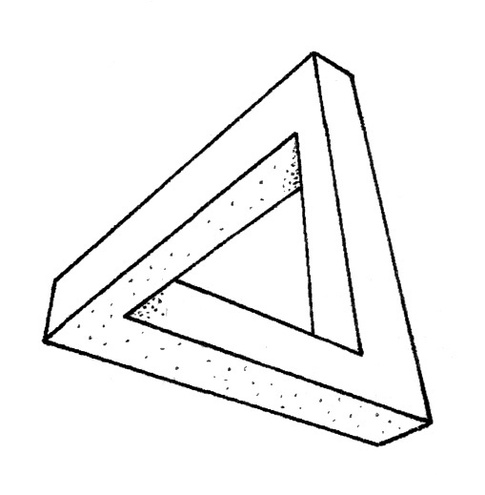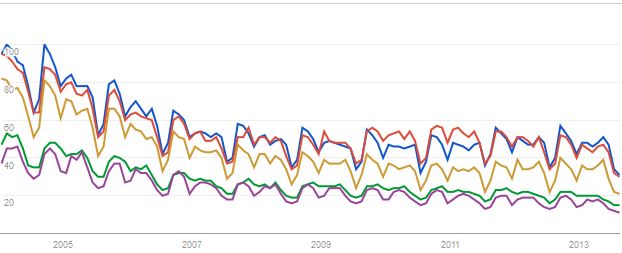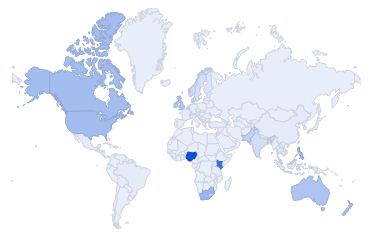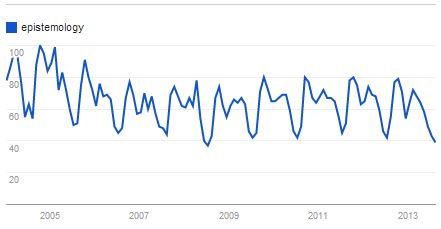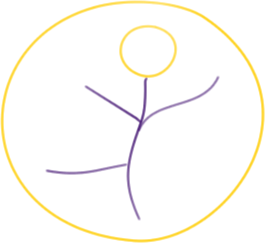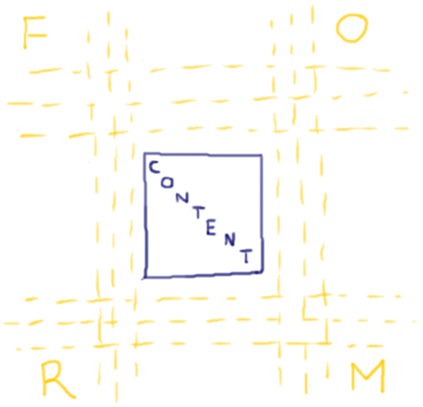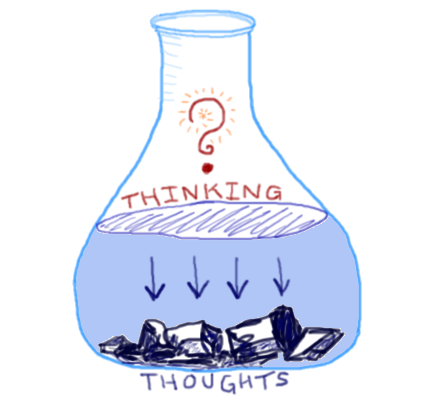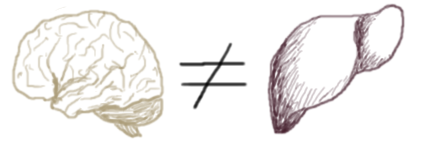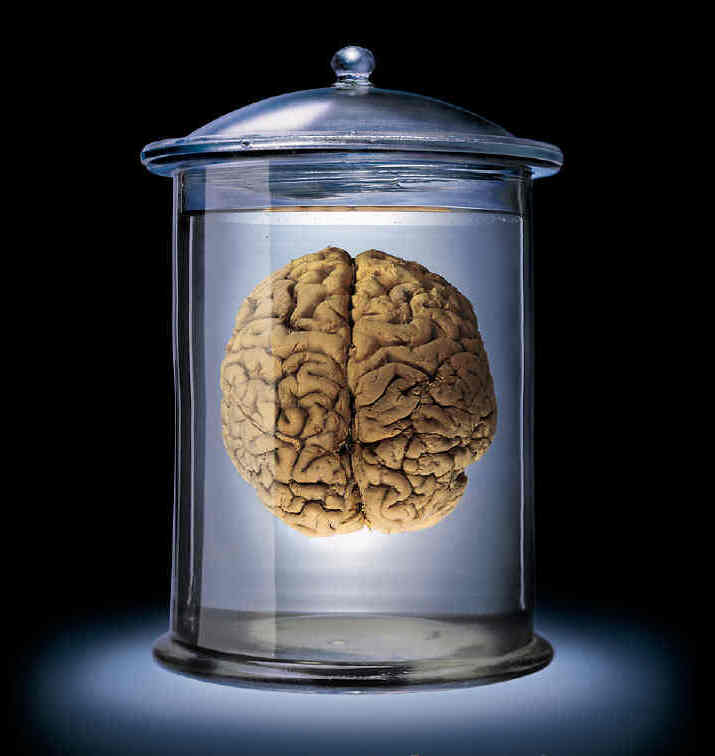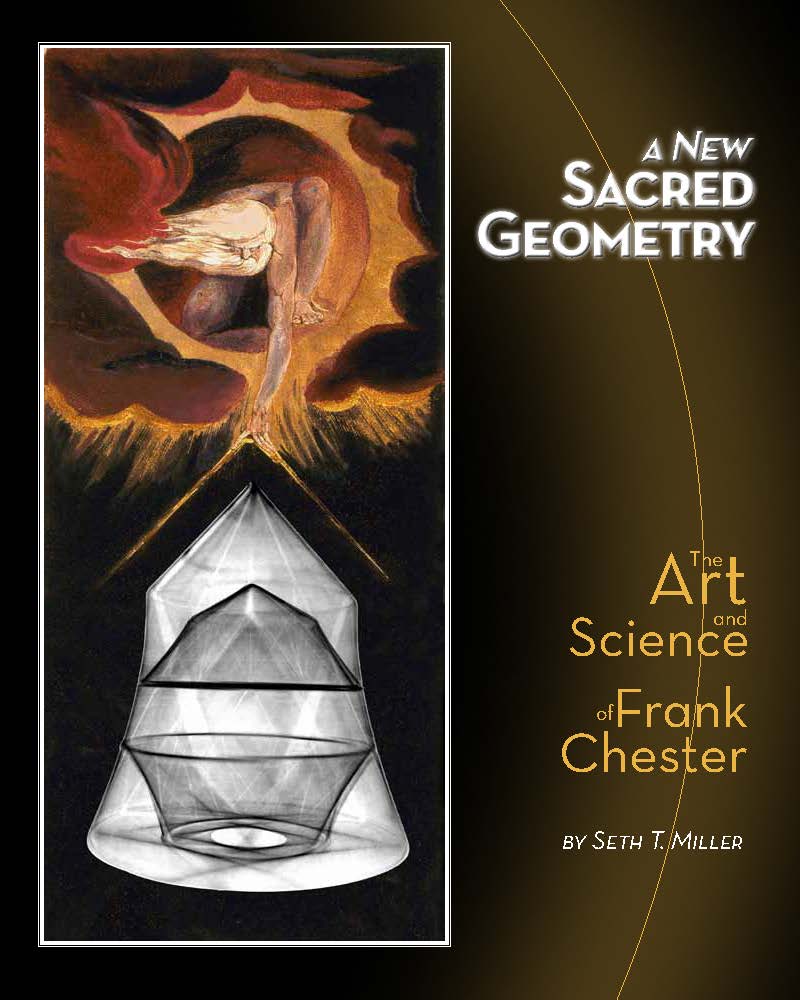Feb
13
2014
In February 2014 I successfully defended my PhD dissertation, titled "Toward an Aesthetic Epistemology: Transforming Thinking through Cybernetic Epistemology and Anthroposophy."
The following is the abstract and a slideshow presentation that pulls out the crux of my arguments.
Abstract
The complexity, subtlety, interlinking, and scale of many problems faced individually and collectively in today’s rapidly changing world...
Aug
06
2013
Let’s get right to it, shall we?
With respect to ontology, let us say that there is no “it,” no independent reality that is exclusive of the observer. This is a basic insight from second-order cybernetics: the observer must always be included in the observed. Despite this, of course, we do have much talk and...
Dec
07
2012
Okay, I had to post this, as I found it to be ... weirdly fascinating. Google has a tool that allows you to search for terms and see how they have trended over time based on global search volume. The service is called Google Trends, check it out.
Here is the result for the term...
Jun
24
2012
Gregory Bateson (1991) famously said that we “cannot claim to have no epistemology. Those who so claim have nothing but a bad epistemology” (p. 178). Bateson is calling for self-reflection in our epistemology. He wants it to be recursive, so that in our production of knowledge we do not delude ourselves into thinking that...
Jan
12
2012
Form and Content
Understanding change is a very difficult task. No aspect of our world, either experienced outwardly through our senses or inwardly through our feelings and thoughts, seems exempt from the paradoxical rule that the only constant is change. It is possible to examine the way change occurs at many levels. At the “lowest”...
Sep
06
2011
(New readers will want to start with the first installment.)
We ended the last installment with a recognition that the Laws of Form naturally led GSB to an understanding of both the necessity and importance of the realm of imaginary numbers. We will continue this elaboration.
You are likely familiar with the paradoxical sentence: "This sentence is...
Aug
09
2011
(A full PDF of this article can be had here.)
George Spencer Brown (in his spirit, I would like to say: "Let George Spencer Brown = GSB"), a logician, engineer, and teacher, wrote a curious little book called Laws of Form, that inspired countless interesting people of widely varying backgrounds. The book is not a...
Jul
23
2011
There is a necessary recursion at the very heart of epistemology. Epistemology can never be founded upon a principle of linearity, where thinking traces its origin to something that lies before thinking, and somehow emerges or grows out of it, because the very existence of this "before", whatever its nature, must always be assumed...
Mar
05
2011
To begin in the middle:
- There is no “it”, but there is talk about “it”. Ultimately the talk about “it”, the pointing to “it”, is more fundamental to “it” than anything else, because it is the RELATIONS that are primary: thingness is a subset of relatedness. Relations are not between two “things” but are...
Oct
29
2010
"What is the connection between a transformative learning approach and the sense of one's own spirituality? In what way does transformative learning nurture the spirit any more than any other learning style does?"
There are many styles of transformative learning. In general, however, one key aspect of transformative learning the explicit recognition that learning...
Jul
18
2010
The movie Inception is the best “question reality” movie since the Matrix (ultimately the Matrix is better, in my opinion), and it raises many fascinating questions having to do with the differences between the two primary states of consciousness available to humans today: waking and dreaming.
This issue has been around for about as long...


